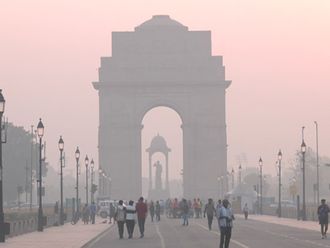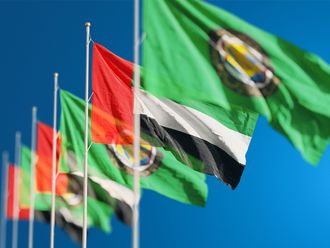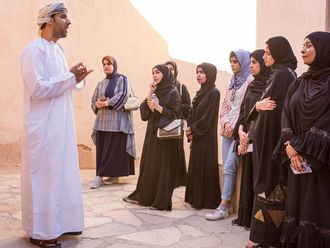When a record 65.3 million people are uprooted worldwide, it is time for the world to sit up, take notice and work towards reducing these numbers.
The United Nations refugee agency’s report marking World Refugee Day says the figures include many who are fleeing wars and xenophobia. The numbers are staggering — 1 in every 113 people on the planet is now a refugee, asylum-seeker or internally displaced in a home country. The report said two million new asylum claims were lodged in industrialised countries in 2015 and nearly 100,000 were children unaccompanied or separated from their families.
While the numbers are at an all-time high, the reasons for this increase need to be considered and measures taken to reduce.
The latest exodus has been driven by fighting in several countries, including Syria, Burundi, Afghanistan and South Sudan. In many ways, the report is a reflection of the inability of world leaders to put an end to conflict. They last longer, hospitals are bombed and aid workers complain that they do not have the resources.
Political action is needed to stop conflicts, which can in turn prevent refugee flows. Nearly 41 million displaced people are still living within their own countries — with the largest numbers inside Syria and Iraq. Insurgencies in Nigeria and Somalia have also scattered millions inside those countries. The figures exclude people displaced by earthquakes, floods and other natural disasters, which in 2015 uprooted at least 19 million. In recent times, much of the attention on refugees has fallen on Europe’s struggle to absorb them. But the report found that 86 per cent of them were living in low and middle-income countries, like Ethiopia, Jordan and Turkey, which were close to the countries in conflict.
The report also showed global dysfunction in accommodating refugees. Barely 200,000 people were able to go home last year or find a permanent home in a foreign country. Add to this, the number of people fleeing gang and drug-related violence in Mexico and Central America. The UN has spoken about barriers coming up all over the world — not just in the physical sense, but also in terms of legislative ones, including in industrialised countries.
Progress has also lagged on a scheme to redistribute 160,000 asylum seekers from Greece and Italy to other European Union states to alleviate pressure on the two front-line countries. EU figures show only 2,406 people have been relocated so far. The world needs to act soon to end violence in conflict zones, help refugees and break barriers that stand in the way of their assimilation in society.








